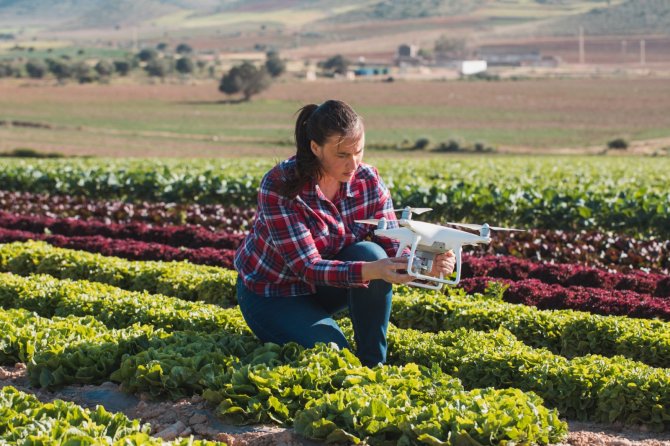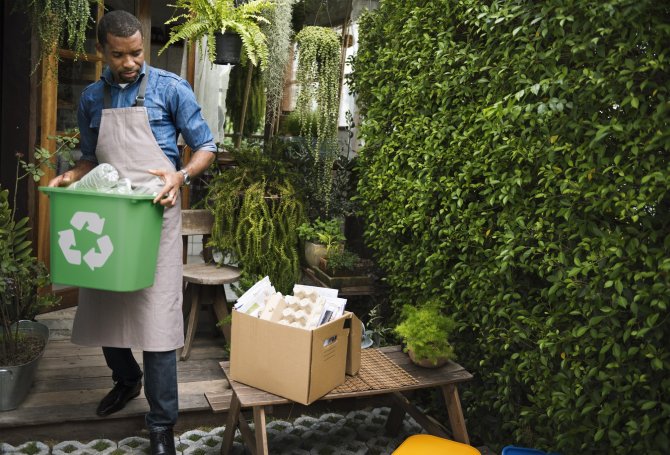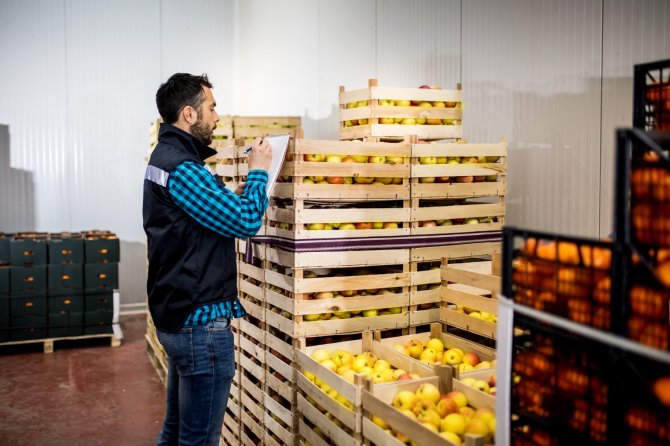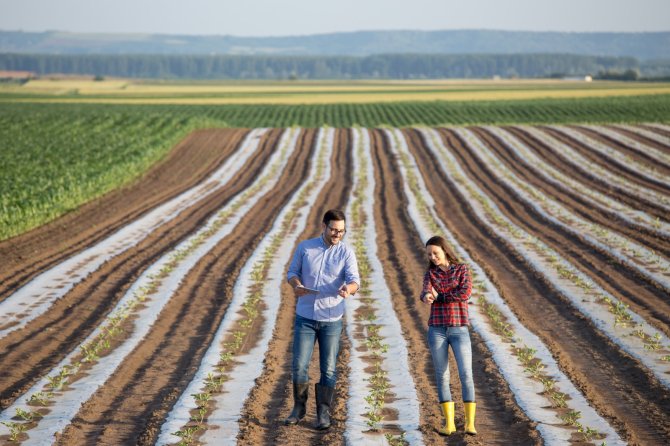Archives
-
Keynotes and other submissions
Keynotes and other submissions
-

1. Biosphere: Rethinking our food and bio-based systems
The concept of a circular, bio-based society is increasingly seen as a promising way to meet the needs of a growing and wealthier population within the planetary boundaries. While this concept makes scientific sense, much research is needed to realize food and bio-based systems that meet society’s needs for food, fuels, clothes and other bio-products, while maintaining the quality of life and remaining within planetary boundaries. So far, no country achieves a good quality of life within planetary boundaries.
This theme seeks answers to questions like: How can we produce enough food and biomass for essential bio-based products (clothes, plastics, construction material, paper etc. ) while safeguarding our natural resources? How to avoid losses and wastes in our food and bio-based systems? How to best utilize and recycle biomass and bio-products for different purposes without introducing (new) risks for the environment? Within this theme we therefore seek for sessions and masterclasses on topics like: Circular and nature-inclusive agriculture/aquaculture; the role of farm animals/aquatic and future foods in a circular food system; The role of the marine system in a circular food system, and the optimal utilization of all crop parts in our food and bio-based systems.
Scientific committee Imke de Boer Adrian Muller Dirk van Apeldoorn Jens Kjerulf Petersen Sarah Doornbos
-

2. Society: Social organisation and risk management in a circular bio-based society
A circular society entails major social changes. Within this theme we want to address changes expected and/or needed by citizen, consumers and households. The theme will address topics like behavioural change, new forms of social organisation such as platforms and cooperatives, and new forms of spatial organisation.
Within this theme we seek for sessions and masterclasses on questions like: How do we ensure that these changes happen in a socially responsible manner? How do we guarantee inclusivity and prevent exclusion of groups. What new behavior is needed to make that the transition to a circular society also ensures climate restoration? What is the potential of circular human diets. How to best utilize and recycle biomass and bio-products for different purposes without introducing (new) risks to human health and how to assess and measure and manage food safety risks in a circular production system?
Scientific committee Martha Bakker Mike Norton Niamh Power Bas Zwaan
-

3. Economy: Economic perspectives in the circular bio-based society
Economic activities form the base of our society, and currently development is measured by the narrow metric of economic growth (GDP). We need to rethink economics that ensures prosperity for all within the boundaries of our planet. A circular economy could decouple economic growth from environmental degradation. However, can an inclusive and sustainable economy be achieved with continuous economic growth or do we need degrowth? This requires a new economic framework and within this framework the new circular bio-based society asks for drastic changes in our economy: new partnerships, new products, new business models and as a consequence new markets.
Within this theme we seek for sessions and masterclasses on topics such as: A new economic framework (including role of government and financial institutions). Economic (de)growth in the circularity concept, The world market in a circular society including global and regional competition for biomass between food and non-food products, Circular & climate smart business models (incl risk management), Circular bio-based materials to replace fossil feedstock, circular fashion.
Scientific commitee Hans van der Meijl Erik Mathijs Calliope Panoutsou Thrasivoulos Manios Francesco Razza
-

4. Partnerships: Governance of transitions
Major governance challenges arise with the transition to a circular Biobased economy and society. Within this theme we want to address the question of how to steer or bring about this transformative change. We therefore seek for sessions and masterclasses that address questions like: How can governments innovate to facilitate a transition to a circular society – not only by applying traditional regulatory and policy incentives and restrictions, but also by appreciating and facilitating societal and initiatives.
In addition to examining governmental policies the focus is also on private governance arrangements or partnerships between citizens, governments and companies. How to allocate responsibilities for the governance of transitions between public and private actors, between difference layers (global to local) and difference policy domains? How to monitor and evaluate these policies and arrangements?
Scientific committee Katrien Termeer Franco Fassio Raul Mille Frans Boons
-
5. Cross-cutting
Theme ‘Cross-cutting’ groups a set of sessions that thematically address one or more of the other themes. Some sessions address topical circularity issues; either a specific product, such as circular textile or waste streams and novel products that will enable the sustainable production of safe food for humans and feed for animals. Next to the topical circularity issues, this theme also addresses overarching subjects that relate to how to use visions of a future circular world to assess the implementation potential of the concept of a circular society. Lastly, this theme shows examples of studies that have a more holistic view of the system, where both the environmental as well as the economic consequences of adopting circularity are assessed at different spatial scales.

